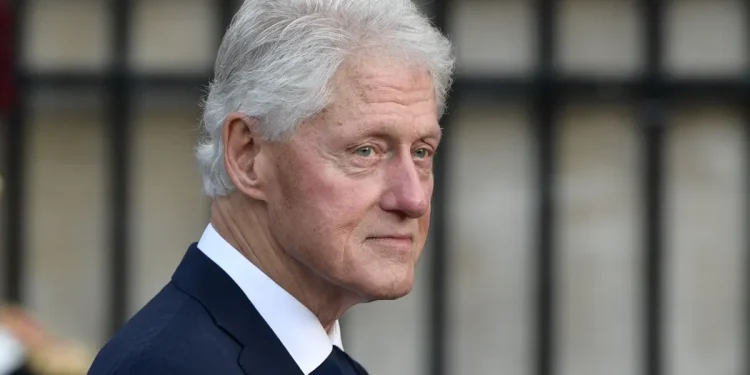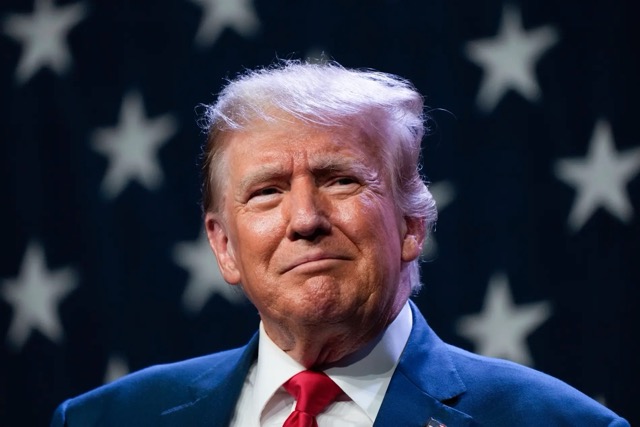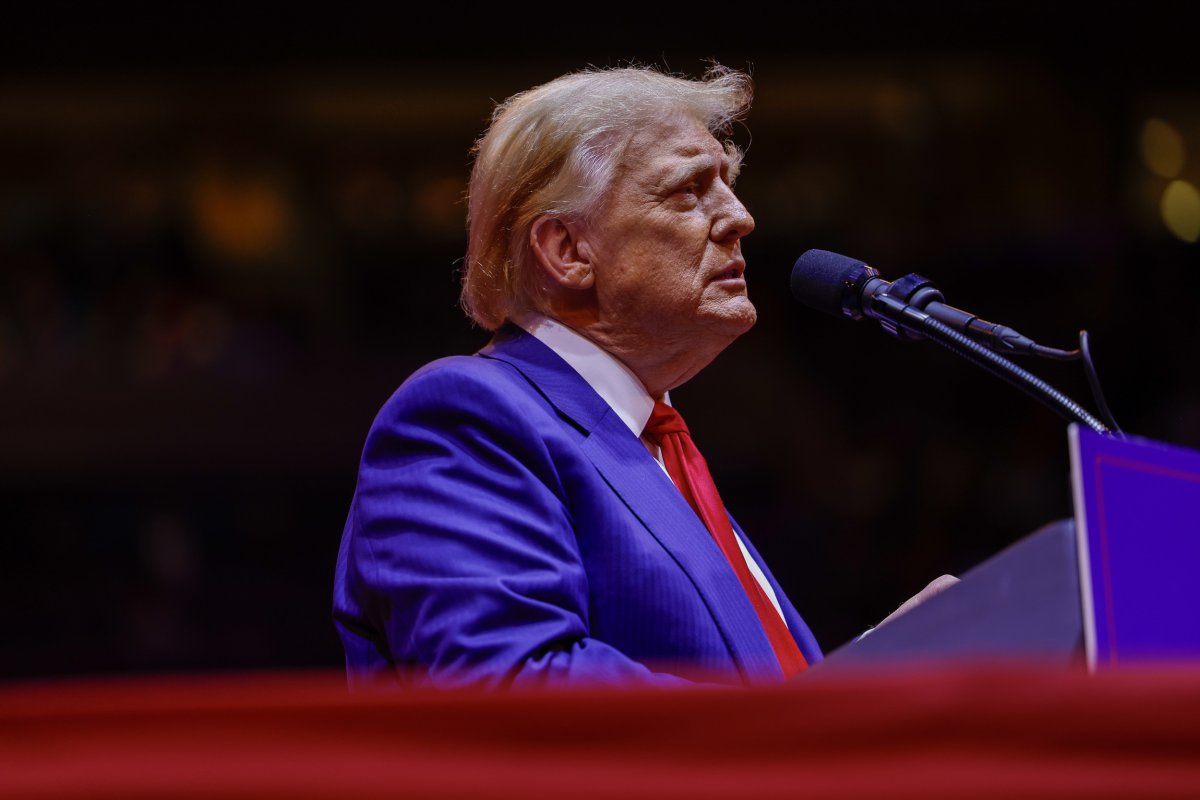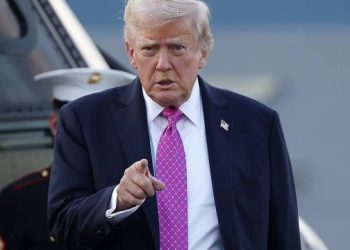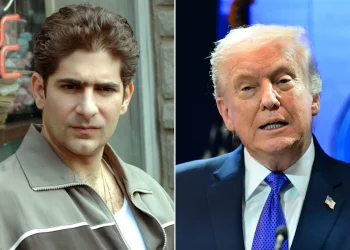In March 1994, a month before his passing in April of the same year, former President Richard Nixon wrote a letter to then-President Bill Clinton, providing what Clinton later referred to as “wise counsel, particularly concerning Russia.” Almost 30 years later, the Clinton presidential library declassified the contents of the letter, which now appear remarkably prophetic.
The seven-page letter, dated March 21, 1994, contains Nixon’s straightforward assessment of the political situation in Russia. He predicted that relations between Moscow and Kyiv would worsen and foresaw the rise of a leader akin to Putin. Nixon wrote this letter at the age of 81, shortly after returning from a two-week trip to Russia and Ukraine.
Despite leaving the White House under the shadow of the Watergate scandal in 1974, Nixon was instrumental in fostering détente with the Soviet Union during the Cold War. In 1972, he became the first U.S. president to visit Moscow, where he signed important treaties with Soviet General Secretary Leonid Brezhnev.
Following his presidency, Nixon continued to make foreign trips on behalf of the United States and offered guidance based on his decades of experience, especially during the post-Cold War era. He considered the survival of political and economic freedom in Russia as the most crucial foreign policy issue for the remainder of the century. Nixon expressed concern about the state of democracy in Russia under former President Boris Yeltsin based on what he had observed during his visit.
“As one of Yeltsin’s first supporters in this country and as one who continues to admire him for his leadership in the past, I have reluctantly concluded that his situation has rapidly deteriorated since the elections in December, and that the days of his unquestioned leadership of Russia are numbered,” Nixon wrote. “His drinking bouts are longer and his periods of depression are more frequent. Most troublesome, he can no longer deliver on his commitments to you and other Western leaders in an increasingly anti-American environment in the Duma and in the country.”
Nixon foresaw a deterioration in relations between Russia and Ukraine, describing the situation in Ukraine as “highly explosive.”
“If it is allowed to get out of control,” Nixon told Clinton, “it will make Bosnia look like a PTA garden party.”
Nixon recommended to Clinton that he should bolster American diplomatic presence in Kyiv, as he had heard complaints from American businessmen about the embassy being “understaffed and inadequately led.”
Furthermore, Nixon advised Clinton to establish connections with potential successors to Yeltsin. He cautioned against sticking too long to a leader based on personal relationships, using the example of Bush and Gorbachev. Nixon acknowledged the uncertainty surrounding Yeltsin’s successor, stating that there was currently no one on Yeltsin’s level as a potential leader in Russia. However, he warned that a nationalist and populist movement in Russia could give rise to a “credible candidate for president,” and this prediction came to fruition just five years later with Putin’s Russian nationalist regime taking hold.
“The Russians are serious people. One of the reasons Khrushchev was put on the shelf back in 1964 is that the proud Russians became ashamed of his crude antics at the U.N. and in other international forums,” Nixon wrote.
The letter also reveals some of Nixon’s dislike for career diplomats. “I learned during my years in the White House that the best decisions I made, such as the one to go to China in 1972, were made over the objections of or without the approval of most foreign service officers,” he wrote.
Nixon counseled Clinton not to be constrained by his staff, cautioning that foreign service officers often prioritize avoiding trouble over safeguarding the president’s interests.
In later years, Clinton cherished Nixon’s advice, expressing his desire to seek the late president’s counsel on various issues, especially those related to Russia. He fondly recalled this sentiment in 2013, reflecting on the value of Nixon’s insights.
 Telegram is where we really talk. Don't miss out!
Telegram is where we really talk. Don't miss out!

